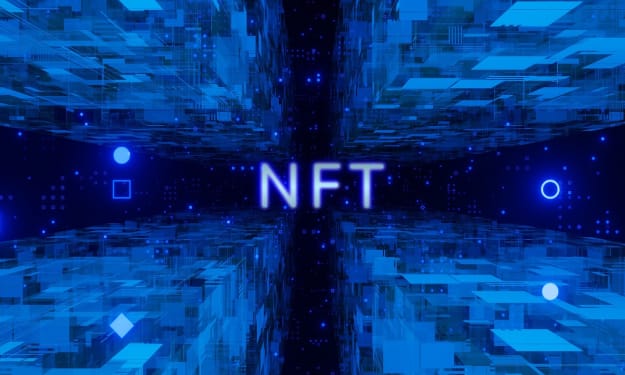Blockchain Technology and Its Impact on the Global Economy
Decentralizing the Future: The Transformative Role of Blockchain in the Global Economy

Blockchain: A Deeper Insight
Blockchain technology, often termed as the backbone of cryptocurrencies like Bitcoin, has captivated global attention over the last decade. However, its impact reaches much further than just the realm of digital currencies. It is a type of distributed ledger technology that chains blocks of transactions together in a cryptographic, sequential manner. Each block contains a series of transactions that are recorded across multiple copies of ledgers held by separate entities or nodes. The immutability, transparency, and security of this method create a trustworthy and secure way of transferring assets without the need for a central authority or third-party intervention.
Augmenting Trade Efficiency: A Closer Look
One of the most remarkable ways blockchain technology is influencing the global economy is its potential to augment trade efficiency. Traditional cross-border transactions are often slow, expensive, and lack transparency due to the involvement of intermediaries such as banks and other financial institutions. In contrast, blockchain provides a more streamlined and straightforward process. It reduces the time taken to finalize transactions and decreases the cost associated with them. Blockchain eliminates the need for intermediaries by enabling direct peer-to-peer transactions and leveraging smart contracts—automated, self-executing digital contracts. The terms of these contracts are directly written into code, reducing the risk of disputes and enhancing trade speed and efficiency. This feature unlocks new markets and enables a more efficient international trade system, significantly impacting the global economy.
Financial Inclusion and Blockchain: The Connection
Moreover, blockchain technology has the potential to boost financial inclusion, a critical aspect in developing economies where a significant portion of the population remains unbanked or underbanked. Blockchain enables secure, peer-to-peer transactions, effectively removing the need for traditional banking infrastructure. It allows anyone with internet access to engage in financial transactions, even if they don't have access to conventional banking. Thus, blockchain technology can help bridge the wealth gap, fostering economic growth, and reducing poverty on a global scale. This potential to drive economic inclusion and reduce income disparity marks a monumental shift in global economic paradigms.
Blockchain: Transforming Supply Chains
Supply chain management is another critical area that stands to benefit from blockchain's transformative potential. The transparency provided by blockchain can drastically enhance supply chain processes. It creates an unalterable record of the product journey from the source to the consumer, reducing fraud and improving trust between entities. This level of traceability can lead to more ethical and sustainable practices across industries, compelling a shift in global economic dynamics towards more responsible consumption and production.
Blockchain: A Catalyst for Innovation and Job Creation
Additionally, blockchain technology fuels innovation and job creation. With the growing adaptation and implementation of blockchain technology across industries, there is a rising demand for blockchain expertise. This demand is triggering economic growth and fostering the development of a new set of skills among the global workforce. Furthermore, blockchain technology is spurring the birth of innovative business models and services that further contribute to economic advancement and development.
Overcoming Risks and Challenges
Nonetheless, the implementation of blockchain technology is not without its challenges. Technical complexities, regulatory uncertainties, and the need for large-scale education and acceptance are significant hurdles that must be overcome. As such, it is crucial to create an inclusive, well-regulated, and informed environment that will allow blockchain technology to flourish.
Wrapping Up
In conclusion, blockchain technology harbors considerable potential to reshape the global economy. From enhancing trade efficiency and boosting financial inclusion to reforming supply chains and catalyzing job creation and innovation, blockchain could redefine economic structures worldwide. However, the actualization of this potential relies on sound regulatory frameworks, technological advancements, and widespread acceptance. As we step into this new era, it is evident that blockchain technology will have a crucial role in shaping the economic landscape.
About the Creator
Enang Ecan
Freelance writer with 5+ years of experience, specializing in various topics. Commitment to quality and SEO-friendly content. Other interests: photography and travel






Comments
There are no comments for this story
Be the first to respond and start the conversation.